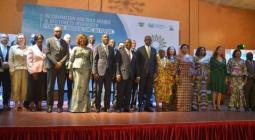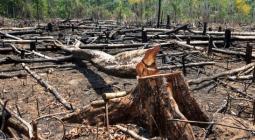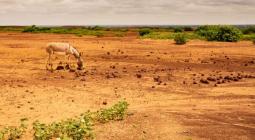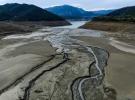Ivory Coast: Faced with climatic hazards, Orange bets on sustainability
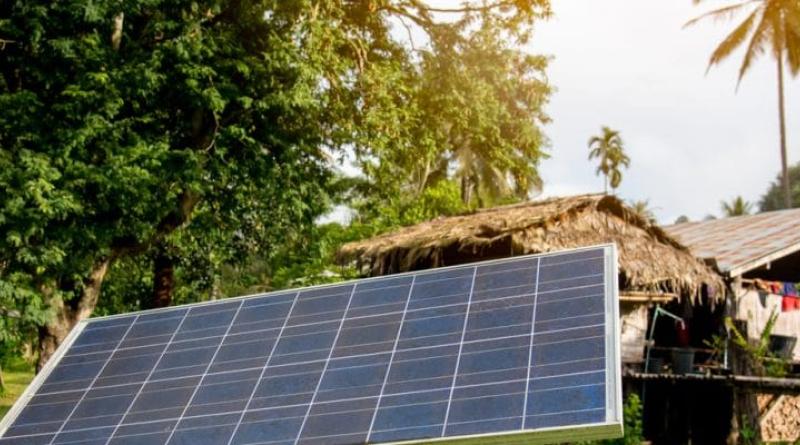
While Ivory Coast is facing major environmental challenges, including the reconstitution of its forest cover, the subsidiary of the French telecommunications group Orange is committed to putting its digital solutions at the service of sustainable development in this West African country.The Ivorian subsidiary of the French company Orange wants to strengthen its contribution to the achievement of the United Nations' Sustainable Development Goals (SDGs) by 2030 in Ivory Coast. As part of its CSR (Corporate Social Responsibility) approach, the company, which also covers Burkina Faso and Liberia, is putting in place numerous initiatives contributing to the empowerment of women, adaptation and resilience to climate change, as well as strengthening access to water and sanitation. Recently, the telecommunications company, which is looking to reduce its carbon footprint, set up the "Solar System Home", a renewable energy programme that has enabled the electrification of at least 30,000 people in Burkina Faso. "Orange wants to think about digital in a human, inclusive and sustainable way. The group wants to contribute to the emergence of new models of governance by putting social and environmental issues at the heart of its activities," says Catherine Assanvo, Director of Data, Artificial Intelligence and CSR at Orange Ivory Coast. The French mobile network operator, which claims more than 16 million subscribers in Ivory Coast, is implementing several digital solutions in West Africa. However, its eco-responsible approach, although welcomed by the Ivorian authorities, intersects with numerous projects carried out by other companies that are also strengthening their eco-responsible approaches. This is the case of the Swiss agri-food group Nestlé. Its Ivorian subsidiary, headed by Thomas Casio, recently launched a training course on agricultural practices and agroforestry. The initiative, announced on the sidelines of the 15th Conference of the Parties to the United Nations Convention to Combat Desertification (COP15) held in Abidjan in May 2022, will enable farmers in the cocoa and coffee value chain to increase their income while preserving the environment and biodiversity. Benoit-Ivan Wansi
The Ivorian subsidiary of the French company Orange wants to strengthen its contribution to the achievement of the United Nations’ Sustainable Development Goals (SDGs) by 2030 in Ivory Coast. As part of its CSR (Corporate Social Responsibility) approach, the company, which also covers Burkina Faso and Liberia, is putting in place numerous initiatives contributing to the empowerment of women, adaptation and resilience to climate change, as well as strengthening access to water and sanitation.
Recently, the telecommunications company, which is looking to reduce its carbon footprint, set up the “Solar System Home”, a renewable energy programme that has enabled the electrification of at least 30,000 people in Burkina Faso. “Orange wants to think about digital in a human, inclusive and sustainable way. The group wants to contribute to the emergence of new models of governance by putting social and environmental issues at the heart of its activities,” says Catherine Assanvo, Director of Data, Artificial Intelligence and CSR at Orange Ivory Coast.
The French mobile network operator, which claims more than 16 million subscribers in Ivory Coast, is implementing several digital solutions in West Africa. However, its eco-responsible approach, although welcomed by the Ivorian authorities, intersects with numerous projects carried out by other companies that are also strengthening their eco-responsible approaches.
This is the case of the Swiss agri-food group Nestlé. Its Ivorian subsidiary, headed by Thomas Casio, recently launched a training course on agricultural practices and agroforestry. The initiative, announced on the sidelines of the 15th Conference of the Parties to the United Nations Convention to Combat Desertification (COP15) held in Abidjan in May 2022, will enable farmers in the cocoa and coffee value chain to increase their income while preserving the environment and biodiversity.
Benoit-Ivan Wansi | https://www.afrik21.africa/

